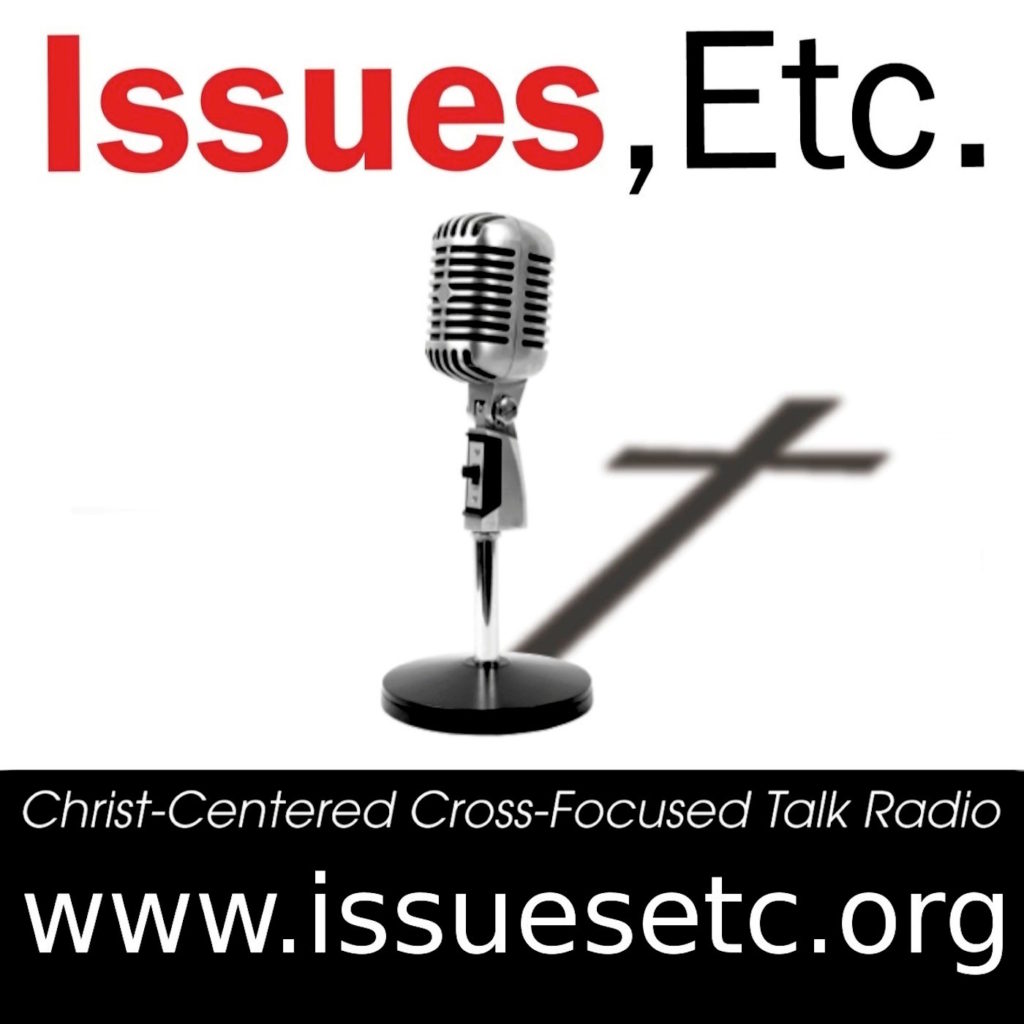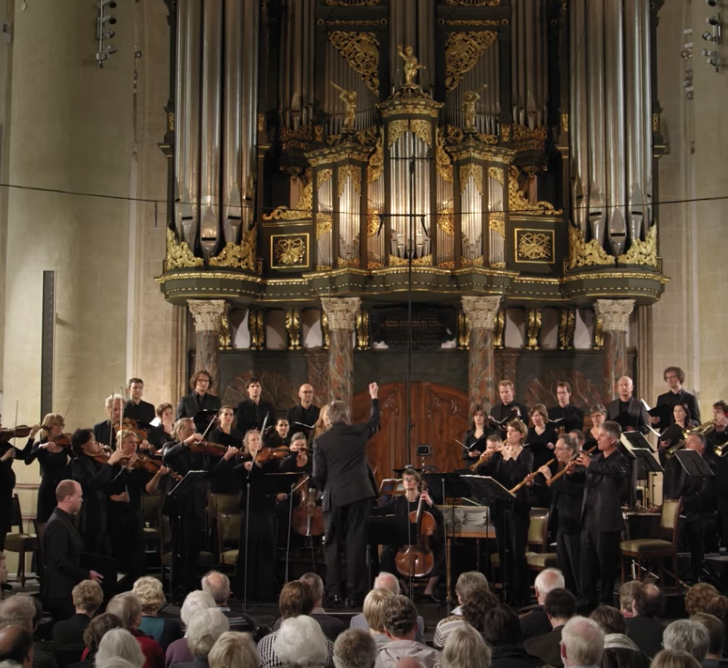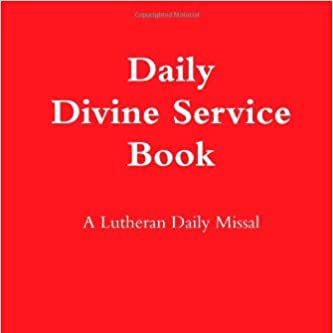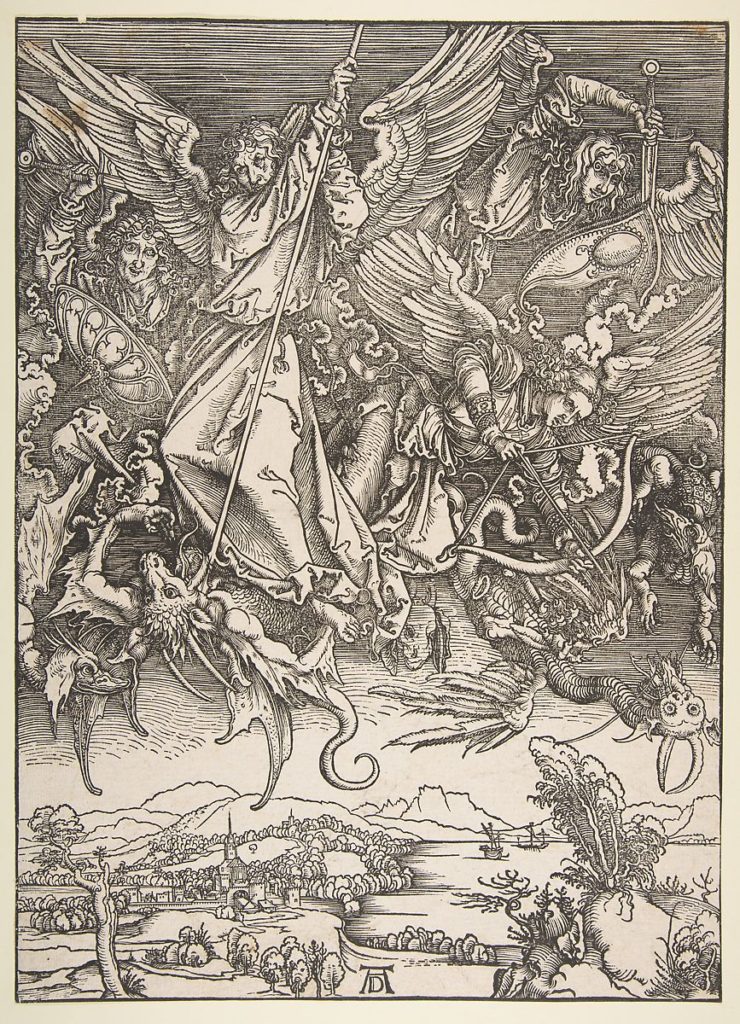
Faith permits us to see truths that the eyes cannot perceive and the mind cannot fully grasp. If you need an example, look no further than the existence of angels, demons, and spiritual powers.
“Once again we find the church’s calendar pushing back the horizon, expanding the range of our view, enabling us to penetrate beneath the appearance and surface of things to behold their marvelous essence.” – Philip Pfatteicher
Michaelmas, formally known as the Feast of St. Michael and All Angels, is a day on which we celebrate St. Michael, his victory over the dragon, and his army of angels whom God created and enlists as defenders of and messengers to his people.
In the Scriptures, we learn that there are various ranks of angelic beings, with archangels generally considered to be the highest rank. It is unclear whether Michael is the sole archangel or if (as some traditions hold) Gabriel, the messenger sent to Daniel, Zacharias, and Mary, is an archangel as well. Regardless of the number of archangels, St. Michael in particular is mentioned in a few different places in Scripture: first in Daniel and then in John’s vision of the apocalypse.
In Daniel, we learn that Michael is a ruler and guardian over the Israelites. He fights for God’s people and defends them against the forces of evil (Daniel 10).
Later, Michael appears in Revelation. In this well-known episode, Michael and his angels engage in combat with the dragon or serpent, which is to say Satan. In the end, the hosts of God prevail and cast the dragon down from heaven! Of course, the angels don’t prevail on their own power; rather, their victory is made possible by Christ’s own triumph over Satan. As the voice says in Revelation, “Now the salvation and the power and the kingdom of our God and the authority of His Christ have come” (Revelation 12:10).
Brief History
In terms of a holy day, Michaelmas found its way onto the liturgical calendar because of the dedication of a church. In the fifteenth century, a basilica near Rome was named in honor of St. Michael, and even though it was dedicated on September 30th, the festivities began on the day before, September 29th which came to be the standard date for Michaelmas. “St. Michael Mass” was subsequently shortened to “Michaelmas,” much like Christmas is the short form of Christ Mass and Candlemas comes from Candle Mass.
Since Michaelmas falls near an equinox, it has historically been one of the four holy days that divide the year into four quarters. Michaelmas came to symbolize harvest season and the start of the school year, the first term of which is traditionally called the Michaelmas term. Thus it makes sense that many of Michaelmas’s significant traditions stem from its links to the harvest. Additionally, since Michaelmas is a theologically significant day, Christians have observed it in a variety of ways that keep its themes of light vs. darkness, good vs. evil, and triumphant victory in mind. There are too many to dive into deeper here, but some of them consist of the gathering and distribution of flowers, planting of cold-weather crops, and gathering of friends and families in large celebrations.
Michaelmas has traditionally been a favorite holiday among Lutherans, too. J.S. Bach, for example, composed a cantata especially for Michaelmas. This work is based off the hymn that Philipp Melanchthon, Luther’s contemporary, wrote and that is preserved in the Lutheran Service Book as Hymn 522, “Lord God, to Thee We Give All Praise.” In an article on Michaelmas, LCMS Chaplain Brian J. Hamer writes on his Cantatas over Coffee post about the history of this piece and provides a few highlights to look for in this short but lively fifteen-minute arrangement.
Collect
O Everlasting God, who hast ordained and constituted the services of angels and men in a wonderful order: mercifully grant that, as Thy holy angels always do Thee service in heaven, so by Thine appointment they may succor and defend us on earth; through Jesus Christ, Thy Son, our Lord, who liveth and reigneth with Thee with the Holy Ghost: ever one God, world without end. Amen.
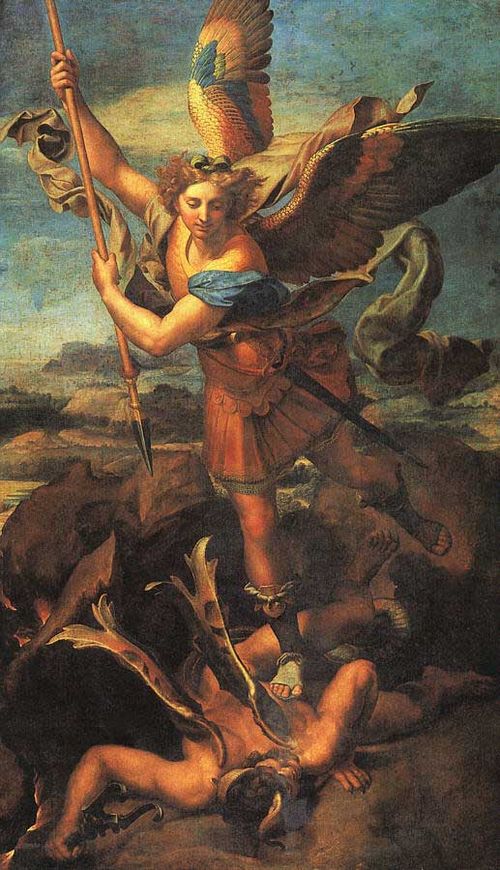
Lessons
Epistle
Gospel
Resources
Issues Etc. interview with the Rev. Will Weedon on the Feast of St. Michael and All Angels
J.S. Bach composed a cantata especially for Michaelmas. In his article on Michaelmas, LCMS Chaplain Brian J. Hamer shares more about the history of Bach’s Cantata 130 and provides a few highlights to look for in this short but lively fifteen-minute arrangement.
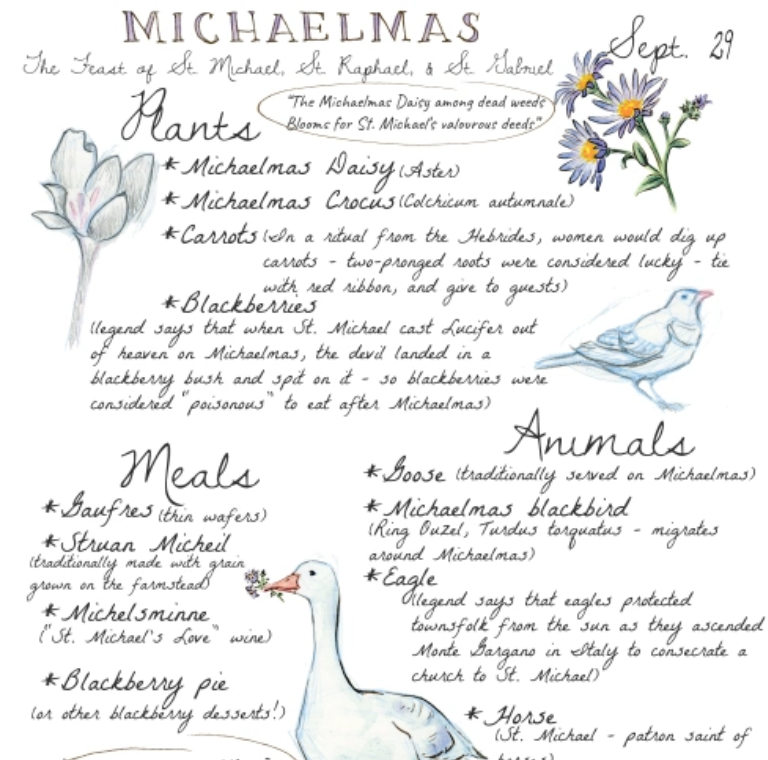
Free Michaelmas printable from Hearthstone Fables
Propers found in Daily Divine Service Book: A Lutheran Daily Missal, edited by the Rev. Heath Curtis
References:
1. Issues Etc. interview with the Rev. Will Weedon on the feast of St. Michael and All Angels
2. Post on St. Michael. and All Angels from Our Redeemer Lutheran Church
3. Cantatas Over Coffee article on Bach’s Michaelmas Cantata
4. Historic UK article on Michaelmas
Images:
1. Saint Michael Fighting the Dragon, from The Apocalypse, Albrecht Durer, Germany, n.d.
2. St. Michael and the Devil, Raffaello Santi, Italy, c.a. 1504.

